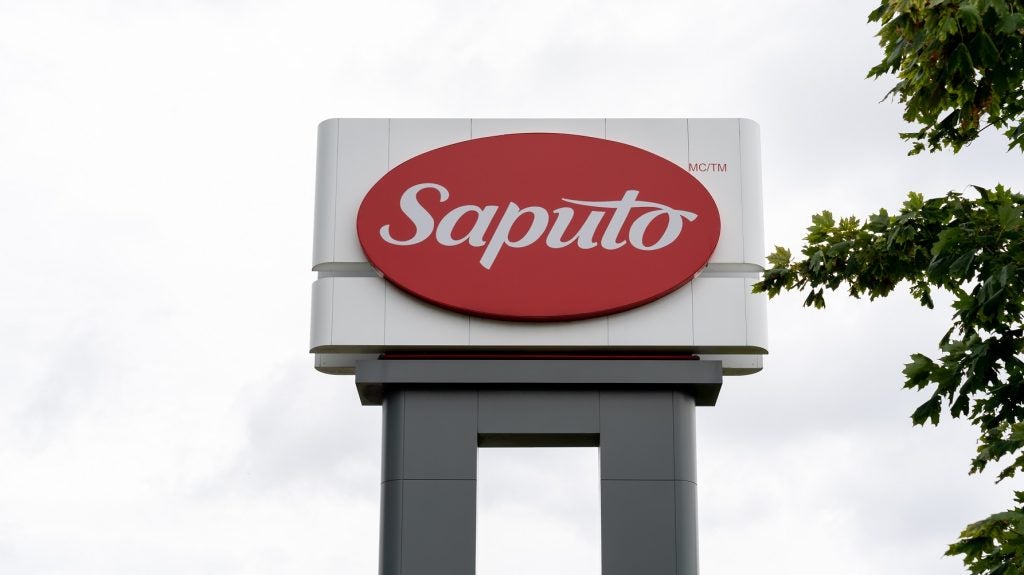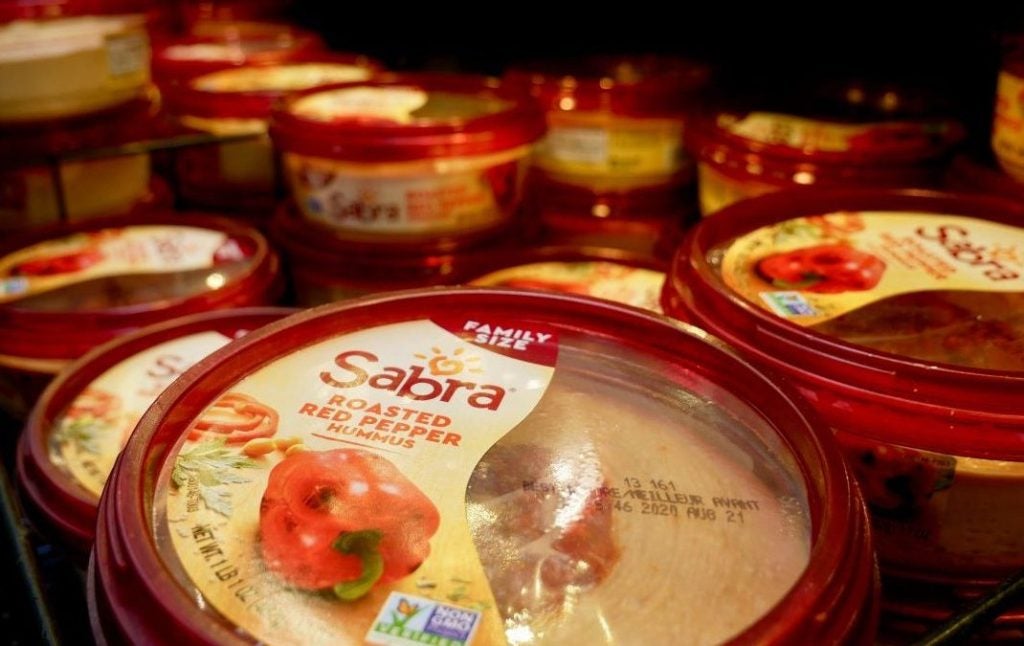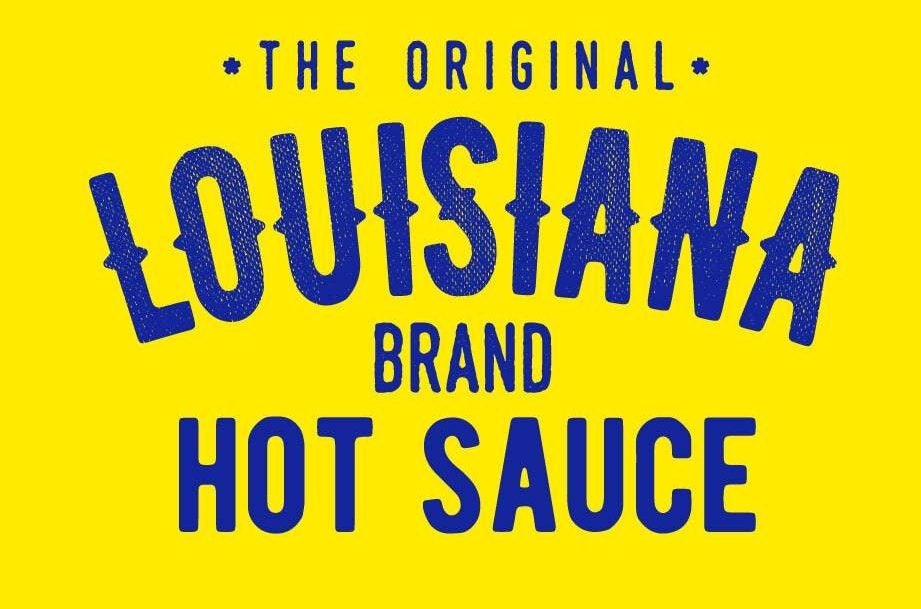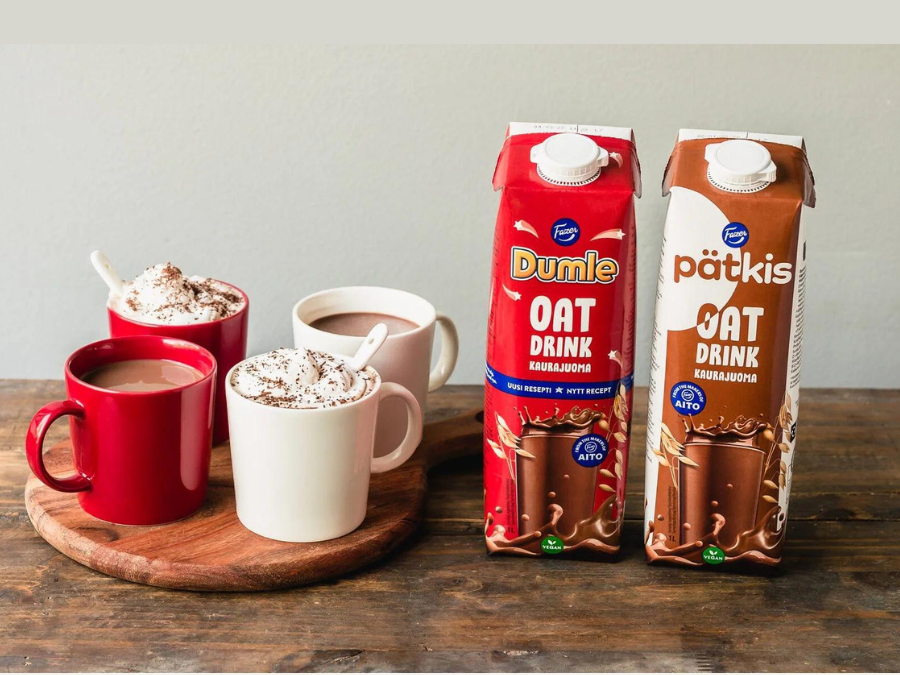Tiger Brands plans to “reshape” the South African grocery group’s portfolio to shore up revenue growth, with health, nutrition and snacks key priorities.
The Beacon confectionery and Oros drinks brand owner reported a 10% increase in revenue today (1 December) to R37.4bn ($2bn) for the 12 months to 30 September but pointed to “low to no growth” in the new fiscal year.
Planned additions to the portfolio will be focused on higher-margin products, Tiger Brands said, as earnings per share slipped to a loss at the lower end of the range the company flagged in October.
A new finance chief will also be in place to oversee the objectives as Thushen Govender moves up the ranks to take the CFO role from Deepa Sita from the 1 January.
“Given the anticipated low-to-no-growth environment, and in response to the recent shifts in consumer and shopper behaviour”, Tiger Brands outlined its outlook and plans “aimed at regaining lost momentum and delivering a step change in trajectory”.
The plans were delivered in the results commentary by new CEO Tjaart Kruger, who replaced Noel Doyle on 1 November on a 26-month contract.
“Reshaping to a desired portfolio of the future,” is one priority. “We are looking to deliver some changes to our current portfolio by exploring identified opportunities for entry in adjacent categories – where we see valuable synergies, a growing market, and/or higher margin potential – as well as exiting certain categories,” Tiger Brands noted.
Publicly-listed Tiger Brands identified three “growth platforms” to support its objectives “aimed at driving broader consumer and shopper relevance and increasing market success”. They centre on “driving affordability, democratising health and nutrition, and over-indexing on snackification”.
Contacted by Just Food to confirm if the company will pursue acquisitions to realise those goals or through internal innovation, a spokesperson for Tiger Brands said:
“In the categories where it is viable, we will look to optimise the strength of our brands and the inherent brand equity. Given the strength of Tiger Brands’ balance sheet, we will keep our ear close to the ground for bolt-on opportunities that will help accelerate our participation in categories we don’t currently participate in.
"However, there isn’t currently a pipeline worth pursuing. In addition, although small, the group has the Tiger Brands' Venture Capital Fund, which will help provide us with exposure to emerging, niche trends.”
SKUs will be cut in “product ranges that are no longer deemed future-fit”, Tiger Brands added, as it also seeks to lower costs, “which will deliver on specific targets by expense type and category”.
The company explained its plan to “rejuvenate” brands: “We will be further simplifying, rationalising and stretching our brands with a thorough analysis of marketing investment to ensure that our brands talk to the relevant consumer and demand spaces, with progress measured both in terms of brand profitability and brand equity.”
Tiger Brands’ operating profit also fell in the year to 30 September, as was expected in October. It dropped 9% to R3.1bn.
Earnings per share declined 2% to 1,725 South African cents, compared to the 2-9% lower print flagged in October.
Headline earnings per share surprised on the upside, rising 2% to 1,735 cents, as opposed to the 2-5% decrease warning in October.
“The immediate market outlook remains challenging. Consumer confidence is likely to remain under pressure given elevated interest rates and high food inflation,” the Albany bakery brand owner explained.
“While there has been a recent softening in global food prices, this has been offset in South Africa by a weakening rand, as well as load-shedding that has disrupted food production and distribution and significantly increased costs for manufacturers and food retailers.”
South Africa has been plagued by so-called load-shedding, or power outages, this year linked to a lack of investment in the country’s electricity infrastructure. A raft of profit warnings have ensued, including from Tiger Brands and peers such as Astral Foods and Libstar.
Tiger Brands noted “double-digit inflation” as an added burden, with revenue growth driven by 11% in pricing in the reporting period. Volumes, however, dropped 2%.
Despite volume growth in exports, volumes declined in groceries such as baking and baby food, offset by gains in rice, beverages and Tiger Brands’ foodservice business.
“Although some projections suggest food inflation in the country will abate, this assumes a further slowdown in global food inflation, an easing in electricity outages, an improvement in our summer crop production, and a stable rand, none of which is guaranteed,” the company concluded.















